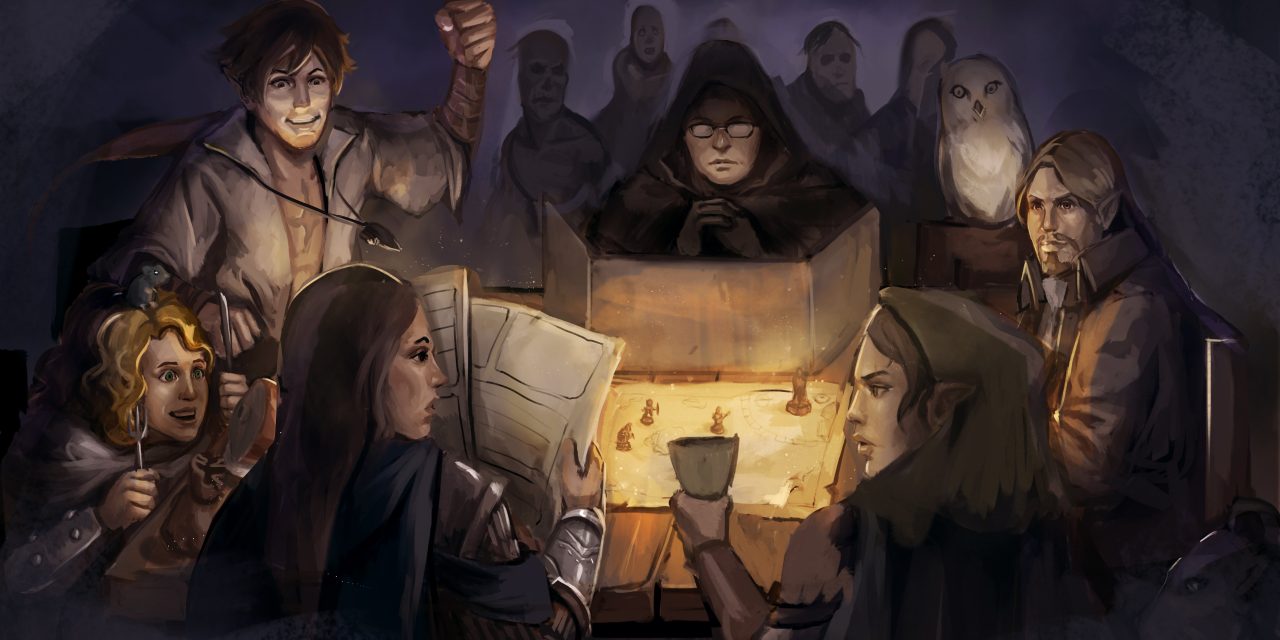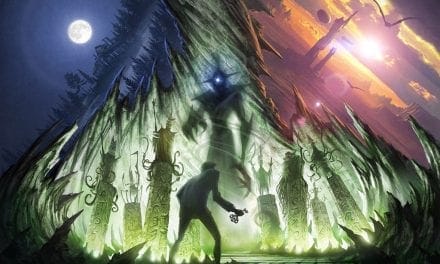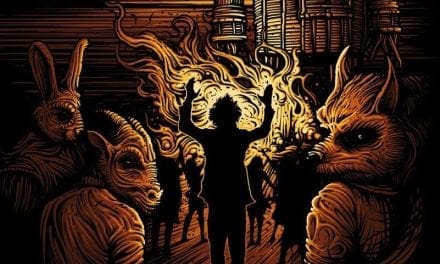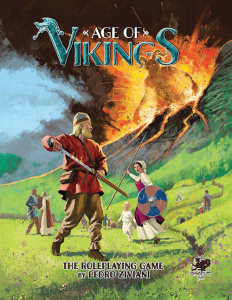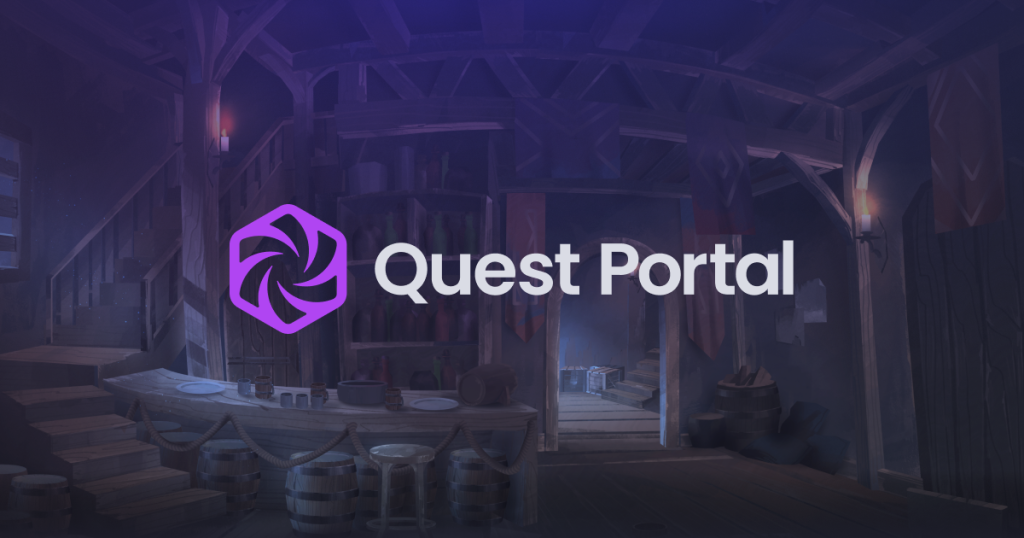Player Agency in TTRPGs is one of the most important factors that separates role-playing games from other storytelling media. At its core, agency is about the ability to make meaningful choices and see those choices shape the outcome of the game.
A few weeks ago, my son asked me to run Out of the Abyss for him and his friends. I’ve played with him since he was 8 years old (he is now 13), and I’ve tried to introduce him and his sister to as many different kinds of role-playing games as possible. We’ve played FFG’s Star Wars, Tales from the Loop, The One Ring, and other similar games, as well as two different editions of D&D.
“Sure, son,” I answered and started reading through the module again. I called up a Game Master friend who I knew had played through the module and ransacked his brain for ideas on making the whole module more teen-friendly and adjusting the many crannies and nooks that such a vast storyline has. I also reached out to another friend who had run the module to gather even more ideas and thoughts on where the story could be abridged and made more accessible.
Some of you might think that these are teens and don’t need any more help than the module provides. That’s a valid point. However, my goal is to ensure that these young players get the most out of the story and have the opportunity to encounter one or more of the demon princes and some of the most iconic D&D monsters.
Whether you are sitting at the table with dice and Character Sheets or logging in to a digital RPG on your console, the sense that your decisions matter is what makes the role-playing experience so uniquely powerful.
In this article, we will explore what player agency means, why it matters, and how different systems, such as Dungeons & Dragons, Star Wars: The Roleplaying Game by Fantasy Flight, Daggerheart, and Powered by the Apocalypse, approach the balance of freedom and structure.
Defining Player Agency in RPG
To understand player agency in RPGs, we must first define it clearly. Agency in this context is the combination of choice, consequence, and ownership. Choice means that players are presented with real options that lead to different outcomes. Consequence implies that the world reacts to those choices in a meaningful and consistent way. Ownership means that players feel their characters are not just pawns in someone else’s story but active participants shaping the direction of events. Without agency, a role-playing game can quickly feel flat or restrictive because the player’s input loses its importance.
There are several dimensions of player agency worth considering. Narrative agency refers to the control players have over the story. Mechanical agency refers to the power granted by the rules of the game to build characters and influence events. Social agency emerges from the interactions between players themselves and with the Game Master. Each of these dimensions contributes to the feeling that a player’s voice truly matters. Some games lean heavily into one dimension while others try to balance them all.
Dungeons & Dragons and Tactical Agency
Dungeons & Dragons offers some mechanical agency. Players have significant control over character creation, the choices they make when leveling, and tactical choices in combat. A player deciding whether to cast a fireball or to heal an ally can change the entire outcome of a battle.
Out of combat, however, narrative agency depends heavily on the Dungeon Master. If the DM presents a rich sandbox, players can explore freely and shape the world as they see fit. If the DM follows a fixed story, the agency may feel limited.
As much as I like D&D, there’s one thing that I will never say about D&D, and that is that the system promotes high player agency. In fact, I think that this short passage is the first I’ve seen where game masters are encouraged to hand some of the narrative responsibility over to the players.
D&D is a game where the roles of the game master and the players are clearly defined, and in some ways, that’s what makes the game so popular. Each participant knows exactly what their role is.
Star Wars by Fantasy Flight and Shared Narrative Control
Star Wars by Fantasy Flight Games approaches agency differently. Its narrative dice system produces results that go beyond simple success or failure. Players and Game Masters collaborate to interpret not only whether an action succeeds but also what side effects occur.
A character might succeed at slicing into an Imperial database but generate threat symbols that attract unwanted attention. This mechanic inherently invites players to co-create the unfolding story. Agency is shared because even a failed roll can push the narrative forward in surprising and dramatic ways.
The Force Points are also a great way for players to have an impact on the narrative. I often tell the story about when my son and his friends were chasing a Black Sun Vigo down a corridor in a skyscraper on Coruscant. The Vigo reached a speeder docking bay, jumped into one of the speeders, and dropped a thermal detonator before shooting off into the busy urban Coruscant night. The detonator went off, destroying the other speeders just before the characters reached the bay. One of the kids, then 12 years old, looked at the Force Points and said, “Can’t we spend one of those to have one speeder still functional?”
That is what I love about this system: it gives the players this kind of narrative control.
Daggerheart and Emotional Agency
Daggerheart, the new system from Darrington Press, blends mechanical and narrative agency with an emotional layer. Characters are defined not only by abilities but also by Hope and Fear tracks.
This design ties the emotional core of the character directly into the mechanics. When a player rolls, outcomes are not only about success or failure but also about how the character’s emotional state influences the result.
This system empowers players to lean into their character’s personal journey, giving them agency over both the story’s direction and its thematic tone. While still new, Daggerheart is promising as a system that elevates emotional storytelling.
I’ve run a couple of games using this system, and it is a great system in terms of player agency. My players have invented NPCs, locations, and whatnot, sinking their teeth into the freedom to further the narrative.
Powered by the Apocalypse and Narrative-First Play
Powered by the Apocalypse (PbtA) games, such as Apocalypse World and Monster of the Week, are built entirely around narrative-first agency. In PbtA, players describe what they do, and the GM consults the rules to see if a Move is triggered.
Dice results almost always generate complications or consequences, which ensures that every action matters. There is no pre-written plot to railroad players into a predetermined outcome. Instead, the Game Master follows principles that emphasize reacting to player choices and allowing the story to evolve organically. This design maximizes agency by making the players the true drivers of the narrative.
Comparing Approaches to Agency
Comparing these systems shows the different philosophies of player agency in RPG design. Dungeons & Dragons has almost always been about structured mechanics and tactical depth, which provide strong combat control but leave the narrative agency up to the Game Master.
Star Wars creates shared ownership of the story through its dice system, ensuring that players help shape narrative twists and affect the narrative using the different methods the game offers.
Daggerheart ties mechanics to emotions, empowering players to express character identity while still affecting outcomes.
PbtA places narrative control almost entirely in the hands of players, and the GM serves as a facilitator, rather than an all-knowing narrator.
Each approach offers a distinct flavor of agency and appeals to different play styles.
Why Agency Matters in RPGs
Why does this matter? It is because it creates emotional investment. When players know their decisions matter, they care more deeply about the outcomes.
If the world reacts to their actions, they begin to see their characters as real people making an impact. The agency also fosters collaboration. Players feel like partners with the GM in telling the story rather than passive recipients of a pre-written plot. This collaboration is what makes RPGs a living art form rather than static entertainment.
However, supporting player agency is not without its challenges. Too little agency and players feel railroaded, as though their choices do not matter. Too much agency and too many players can become overwhelmed or paralyzed by the sheer number of options.
Another challenge is group imbalance. Sometimes you have that one player who dominates all decision-making, making the rest of the table feel that their voices are lost. A good modern system and facilitation tools can help ensure everyone gets a share of agency and has a voice in where the narrative is headed.
Supporting Agency as a Game Master or Designer
Game Masters and designers can support player agency in several ways. One approach is to present dilemmas where each option is significant and meaningful.
Another is to be transparent about stakes and potential outcomes, so that choices feel informed. Respecting outcomes is critical. If players decide to deviate from the planned path, the Game Master should adapt rather than force them back onto the rails.
Last but not least, using tools that distribute narrative input, such as the dice mechanics of Star Wars or Daggerheart, or some player-defined story elements, can significantly enhance the sense of agency.
Embracing Agency as a Player
For players, embracing agency means taking risks and actively engaging with the story. It means making choices that reflect character identity and accepting the consequences of those choices. It also means respecting the agency of fellow players by ensuring the spotlight is shared. RPGs thrive when everyone at the table feels empowered to contribute.
The Future of Agency in RPG Design
Examining the current landscape of role-playing games, it is obvious that modern design is shifting toward mechanics that prioritize narrative player agency. Traditional, mechanics-heavy games like D&D remain popular, but newer systems like PbtA and Daggerheart are pushing towards collaborative storytelling.
Even mainstream games are increasingly adopting mechanics that reinforce choice and consequence, reflecting the growing recognition of agency as the heartbeat of role-playing.
The Many Faces of Agency
Player agency in RPG is not a one-size-fits-all concept. Different groups will prefer different balances of narrative, mechanical, and social control.
What matters most is that players feel their decisions matter and that they share ownership of the unfolding story. Whether you enjoy the tactical depth of Dungeons & Dragons, the narrative dice of Star Wars, the emotional resonance of Daggerheart, or the collaborative storytelling of Powered by the Apocalypse, the magic of agency lies in transforming play from passive entertainment into active creation.
Previously posted on Questportal.com.


